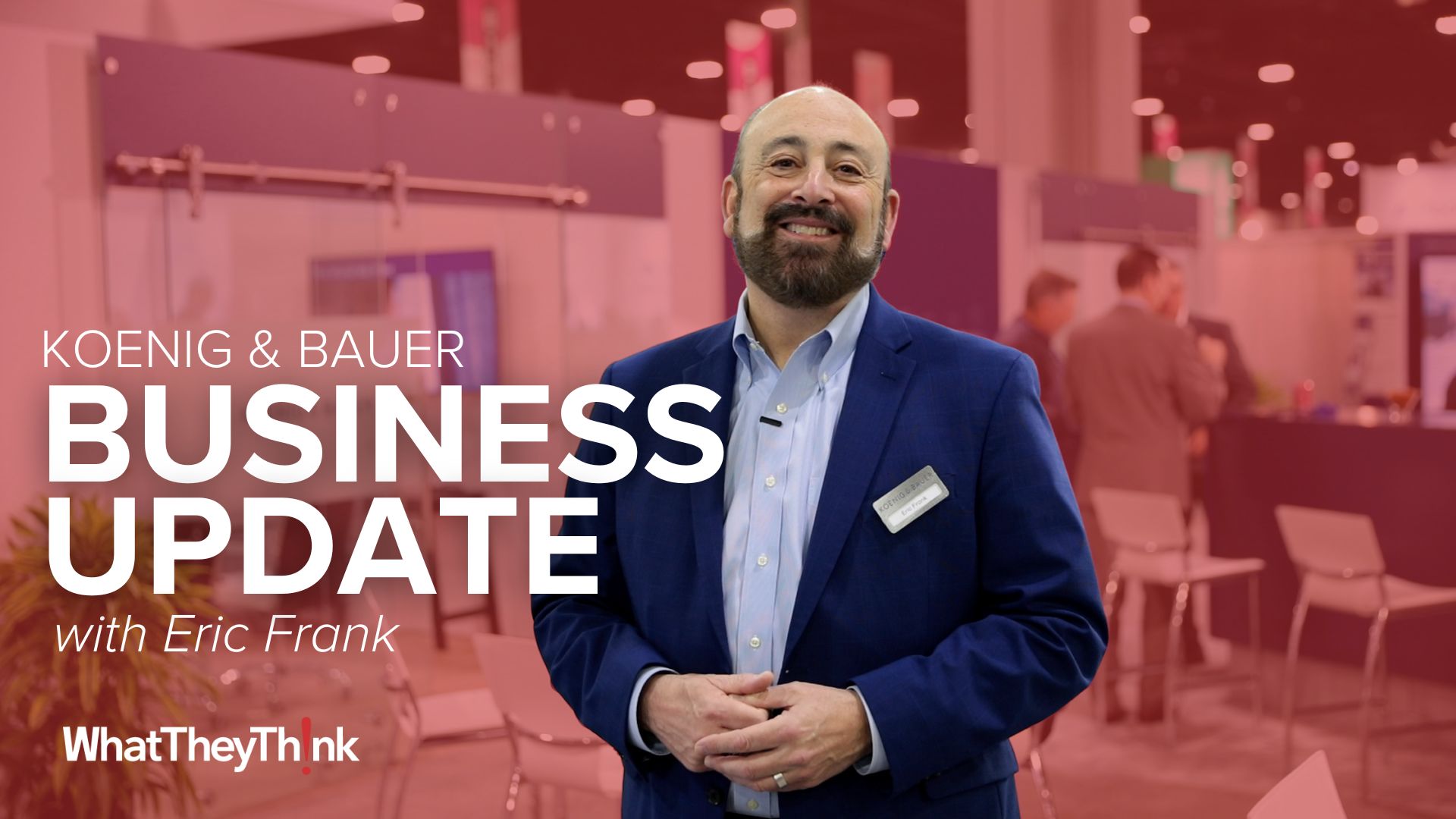Xerox Marks Human Rights and Environmental Progress In Annual Citizenship Report
Press release from the issuing company
NORWALK, Conn., Nov. 12, 2007 -- Xerox Corporation today released its 2007 Report on Global Citizenship, articulating its aspirations and accomplishments in environmental stewardship and sustainability, workplace practices, ethics and corporate governance and community involvement (, 274KB).
Highlights of the 2007 report, titled "Our Word, Our Work, Our World," include:
- The diversion of 2 billion pounds of waste from landfills through reuse, recycling and remanufacturing(, 843KB).
- Reiterating the company's commitment to human rights through a firm policy statement that reflects Xerox's practices with its people, customers, supply chain and distribution partners, and in the communities where Xerox conducts business.
- Recognition for a commitment to diversity by Diversity Inc., Hispanic Magazine and Black Enterprise magazine rankings, supported by an increase in the percentage of women and minorities working at Xerox across the globe.
- The 40th anniversary of the Xerox Science Consultant Program -- one of the longest running elementary school education programs of its kind.
"Our commitment to corporate citizenship has been deeply rooted in our values for years. Every day we work hard at doing the right thing-for our customers, our employees, the environment and the world in which we work and live. By doing the right thing for stakeholders and the global community, we're also doing what is right for our business," said Anne Mulcahy, Xerox chairman and chief executive officer. "This year's report highlights the programs and the policies that support our commitment and drive us to a new level of achievement, year after year."
Human rights policy formalized
The 2007 report marks the introduction of the company's policy statement on human rights, which is aligned with Xerox's core values and formalizes long-standing practices and policies that are fundamental to the way Xerox conducts its business around the globe.
To structure the policy statement, Xerox applied the principles of the United Nations Universal Declaration of Human Rights to a number of its business tenets: its code of conduct, position on labor relations, employment practices, relationships with suppliers and business development practices in emerging markets.
Tougher sustainability goals
Xerox also outlined its strategic environmental goals and documented actions the company is taking to meet them. Over the past year, Xerox has strengthened and realigned its environmental goals around four challenge areas where it believes it can make a significant impact across its entire value chain of products and services. Through both innovation and well-established recycling and energy-reduction programs, Xerox has created a product and services portfolio that provides sustainability benefits for its customers. The company's environmental program is focused on these four areas:
- Climate change. Xerox aspires to be carbon-neutral. Through its energy-efficient product designs and strategies, the company will reduce the carbon footprint of its operations and its document management offerings. In addition to cutting its own greenhouse gas emissions, Xerox is helping customers drive down their energy consumption with products like the new Xerox WorkCentre 5645, a multifunction system that uses 30 percent less energy than the previous model.
- Preserving biodiversity and the world's forests. As the largest brand distributor of cut-sheet paper, Xerox aims to develop a sustainable paper cycle in partnership with customers, suppliers and through a $1 million, three-year grant to The Nature Conservancy, which funds sustainable forest management around the world. Among its innovations this year, Xerox introduced High Yield Business Paper, which is produced with only half as many trees as paper now used for digital printers.
- Preserving clean air and water. Xerox is eliminating and reducing its use of toxics and heavy metals throughout its supply chain. Since 1991, Xerox manufacturing operations have reduced by 94 percent emissions of particulates and toxics into the air, and since 2005, it has nearly eliminated the use of lead and mercury in its products.
- Waste prevention and management. Xerox's goal is production of waste-free products in waste-free facilities while helping customers create waste-free offices. In 2006, the company diverted 111 million pounds of electronic waste from landfills through parts reuse and recycling, and it took more than 2.7 million cartridges and toner containers back from customers.
"In 2007, Xerox recorded success in meeting environmental targets including: giving new life to the equivalent of more than 2.8 million products through remanufacturing, reuse and recycling; and meeting the U.S. Environmental Protection Agency's rigorous new ENERGY STAR criteria in more than 50 percent of its current product line and 80 percent of its office product configurations.
"The journey that we have followed in environmental stewardship --from altruism to business opportunity - is true of all our citizenship strategies: ethical governance, community involvement, philanthropy, delivering customer value," Mulcahy said. "All have followed a similar path, starting as the right thing to do, maturing into good business practices and eventually becoming integrated into the way we manage our operations."
Additional topics addressed in the report are principles, policies and practices in areas including governance and ethics, customer privacy and satisfaction, employee diversity and development, corporate donations and volunteerism, and much more. The report is available online at www.xerox.com/citizenship.
Highlights of the 2007 report, titled "Our Word, Our Work, Our World," include:
- The diversion of 2 billion pounds of waste from landfills through reuse, recycling and remanufacturing(, 843KB).
- Reiterating the company's commitment to human rights through a firm policy statement that reflects Xerox's practices with its people, customers, supply chain and distribution partners, and in the communities where Xerox conducts business.
- Recognition for a commitment to diversity by Diversity Inc., Hispanic Magazine and Black Enterprise magazine rankings, supported by an increase in the percentage of women and minorities working at Xerox across the globe.
- The 40th anniversary of the Xerox Science Consultant Program -- one of the longest running elementary school education programs of its kind.
"Our commitment to corporate citizenship has been deeply rooted in our values for years. Every day we work hard at doing the right thing-for our customers, our employees, the environment and the world in which we work and live. By doing the right thing for stakeholders and the global community, we're also doing what is right for our business," said Anne Mulcahy, Xerox chairman and chief executive officer. "This year's report highlights the programs and the policies that support our commitment and drive us to a new level of achievement, year after year."
Human rights policy formalized
The 2007 report marks the introduction of the company's policy statement on human rights, which is aligned with Xerox's core values and formalizes long-standing practices and policies that are fundamental to the way Xerox conducts its business around the globe.
To structure the policy statement, Xerox applied the principles of the United Nations Universal Declaration of Human Rights to a number of its business tenets: its code of conduct, position on labor relations, employment practices, relationships with suppliers and business development practices in emerging markets.
Tougher sustainability goals
Xerox also outlined its strategic environmental goals and documented actions the company is taking to meet them. Over the past year, Xerox has strengthened and realigned its environmental goals around four challenge areas where it believes it can make a significant impact across its entire value chain of products and services. Through both innovation and well-established recycling and energy-reduction programs, Xerox has created a product and services portfolio that provides sustainability benefits for its customers. The company's environmental program is focused on these four areas:
- Climate change. Xerox aspires to be carbon-neutral. Through its energy-efficient product designs and strategies, the company will reduce the carbon footprint of its operations and its document management offerings. In addition to cutting its own greenhouse gas emissions, Xerox is helping customers drive down their energy consumption with products like the new Xerox WorkCentre 5645, a multifunction system that uses 30 percent less energy than the previous model.
- Preserving biodiversity and the world's forests. As the largest brand distributor of cut-sheet paper, Xerox aims to develop a sustainable paper cycle in partnership with customers, suppliers and through a $1 million, three-year grant to The Nature Conservancy, which funds sustainable forest management around the world. Among its innovations this year, Xerox introduced High Yield Business Paper, which is produced with only half as many trees as paper now used for digital printers.
- Preserving clean air and water. Xerox is eliminating and reducing its use of toxics and heavy metals throughout its supply chain. Since 1991, Xerox manufacturing operations have reduced by 94 percent emissions of particulates and toxics into the air, and since 2005, it has nearly eliminated the use of lead and mercury in its products.
- Waste prevention and management. Xerox's goal is production of waste-free products in waste-free facilities while helping customers create waste-free offices. In 2006, the company diverted 111 million pounds of electronic waste from landfills through parts reuse and recycling, and it took more than 2.7 million cartridges and toner containers back from customers.
"In 2007, Xerox recorded success in meeting environmental targets including: giving new life to the equivalent of more than 2.8 million products through remanufacturing, reuse and recycling; and meeting the U.S. Environmental Protection Agency's rigorous new ENERGY STAR criteria in more than 50 percent of its current product line and 80 percent of its office product configurations.
"The journey that we have followed in environmental stewardship --from altruism to business opportunity - is true of all our citizenship strategies: ethical governance, community involvement, philanthropy, delivering customer value," Mulcahy said. "All have followed a similar path, starting as the right thing to do, maturing into good business practices and eventually becoming integrated into the way we manage our operations."
Additional topics addressed in the report are principles, policies and practices in areas including governance and ethics, customer privacy and satisfaction, employee diversity and development, corporate donations and volunteerism, and much more. The report is available online at www.xerox.com/citizenship.
Video Center
- The Future of AI In Packaging
- Inkjet Integrator Profiles: DJM
- Spring Inkjet Update – Webinar
- Security Ink Technologies for Anti-Counterfeiting Measures
- Komori unveils B2 UV Inkjet
- Keeping Nozzles Fresh with Flow
- Komori to Unveil the J-throne 29 Next Generation Digital Press at drupa 2024
- Inkjet drives convergence of transactional and graphic arts applications

WhatTheyThink is the official show daily media partner of drupa 2024. More info about drupa programs
© 2024 WhatTheyThink. All Rights Reserved.








